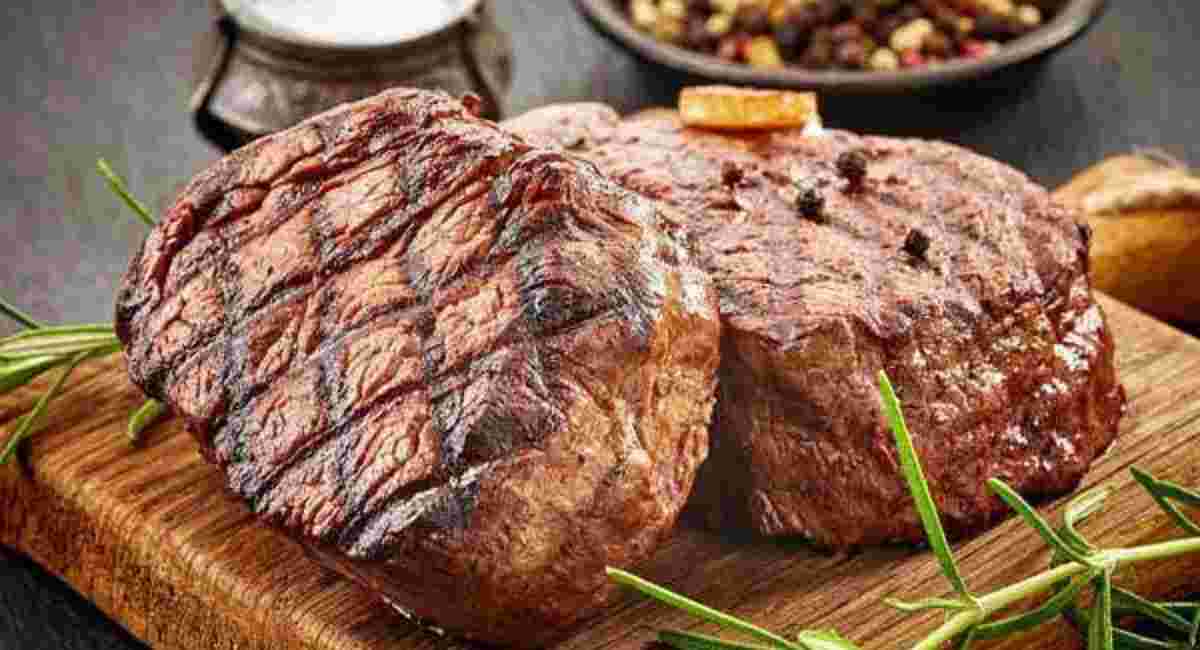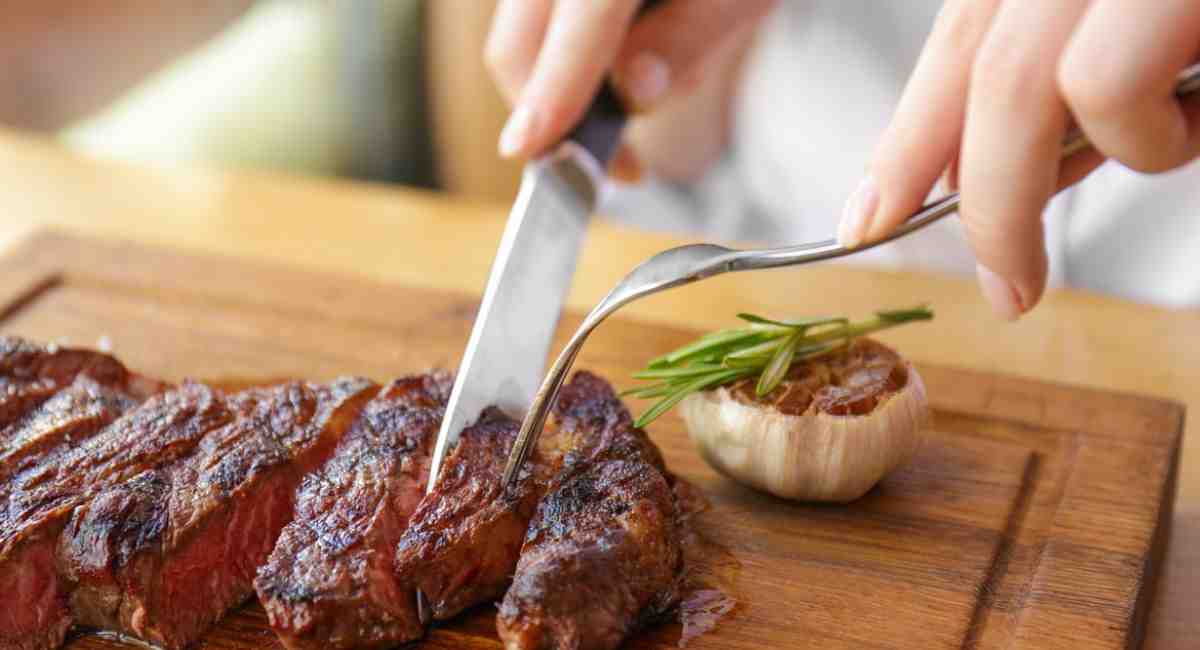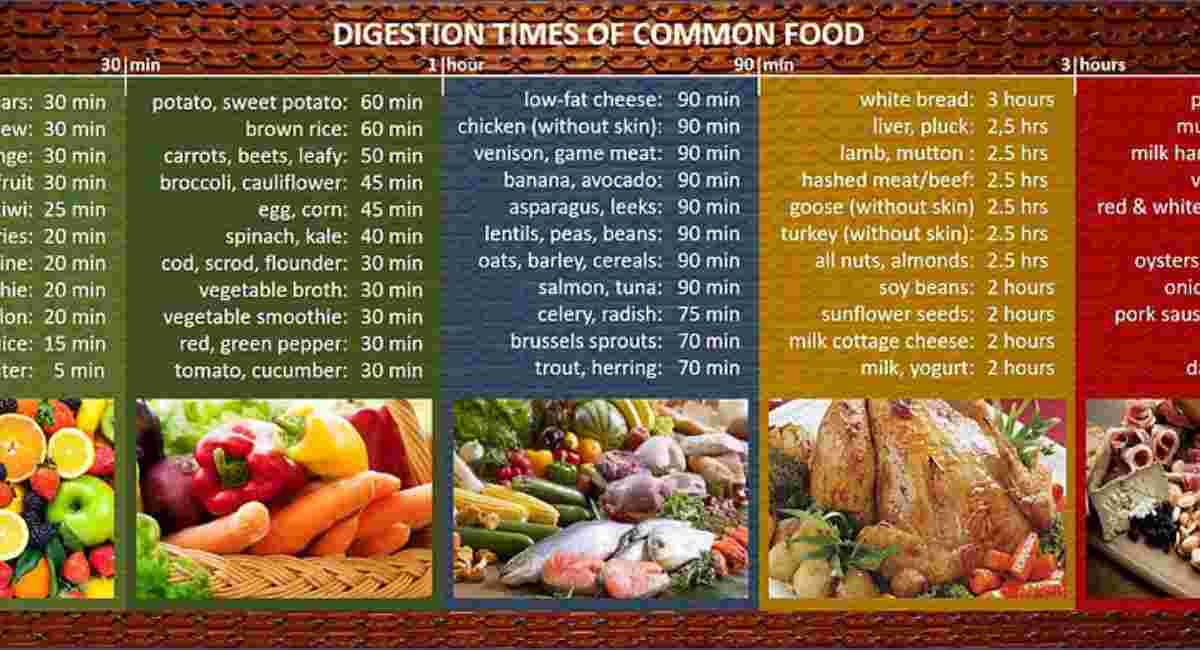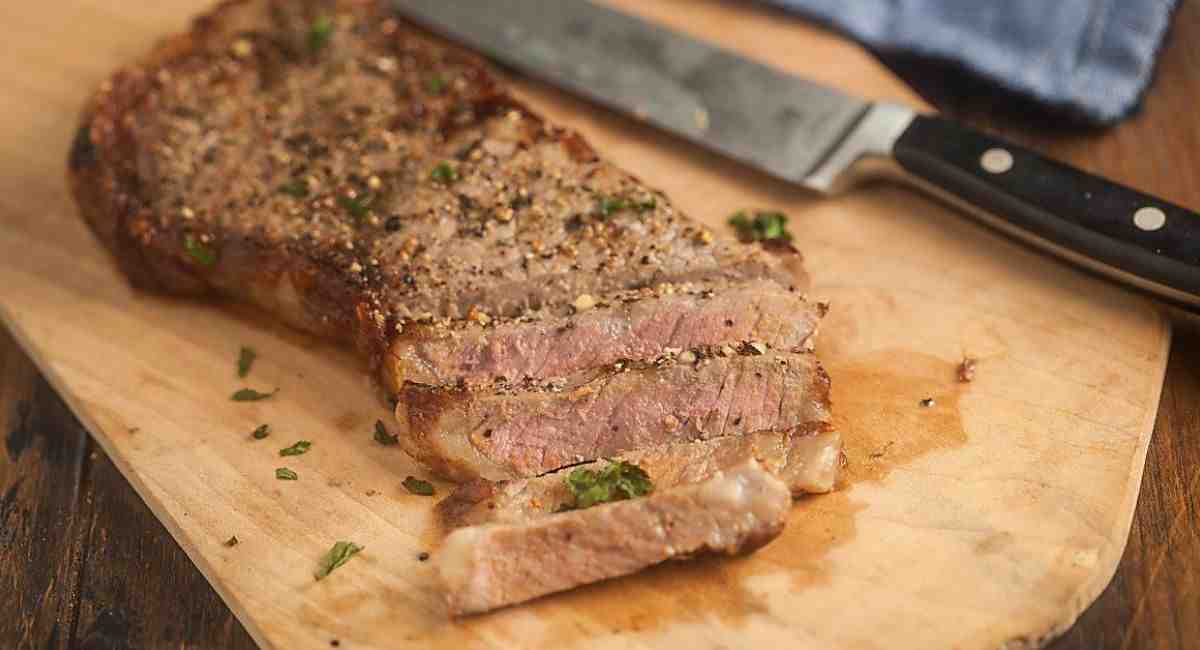Ever eaten a big juicy steak and then felt heavy for hours, wondering how long does it take to digest a steak? You’re not alone. Many people in the U.S. love steak but feel frustrated or curious about why it lingers in the stomach long after the meal is over. That uneasy or sluggish feeling sparks questions about what’s really happening inside your digestive system.
This blog post gives you clear, science-backed answers about how long does it take to digest a steak and why it takes more time than other foods. You’ll learn what factors slow or speed the process, how to make digestion easier, and ways to enjoy steak without discomfort. By the end, you’ll know exactly what’s going on and how to use that knowledge to feel better after your next meal.
How the Human Digestive System Breaks Down Steak
When you chew steak, your mouth begins the beef digestion process by tearing fibers into smaller pieces. Once you swallow, stomach acid breaking down protein activates, mixing with enzymes used in protein digestion like pepsin. This acidic environment turns dense muscle into a semi-liquid, starting the slow release of amino acids. Because steak is dense, the gastric emptying time is longer than many other foods, which explains the heavier feeling after a big dinner.
Inside the small intestine, the process continues with intestinal absorption of nutrients, bile, and pancreatic enzymes helping the protein digestion duration. This is where fats, iron, and B vitamins are absorbed. Red meat provides essential nutrients, but it also demands more time and energy from your digestive system compared to plant foods. Understanding this helps you plan your meals and recognize slow vs fast digesting foods.
Why Steak Takes Longer to Digest Than Other Foods
Compared with plant proteins or fish, steak contains more connective tissue and fat. These elements slow the time to digest meat because fat delays gastric emptying time and requires more bile for breakdown. The digestive system response to heavy protein meals also uses more energy, which can lead to that sluggish feeling after a large serving of ribeye.
The fiber content in vegetables speeds up digestion, but steak lacks fiber. This difference in fiber impact on digestion partly explains why red meat digestion takes longer. Combined with portion size and fat content, these factors produce a slower process than most foods on your plate.

Key Factors That Affect Steak Digestion Time
Your portion size and digestion speed matter. A small three-ounce steak may pass through your stomach in a few hours, while a sixteen-ounce T-bone can take much longer. Age, gut health, and metabolic rate also change metabolism of red meat, which explains why two people can eat the same steak but experience different results.
Cooking style also matters because cooking method affects digestion. A tender slow-cooked cut may be easier on your stomach than a seared rare steak. The difference between rare vs well-done steak digestion time can influence how quickly your body handles it. Chewing thoroughly and allowing enough time between bites also helps.
Steak Digestion Time Compared to Other Protein Sources
In the chart below, you’ll see how steak stacks up against other proteins. This data reflects the average protein digestion duration and steak vs chicken digestion differences in a healthy adult digestive tract.
| Protein Source | Average Gastric Emptying Time (hours) | Notes |
|---|---|---|
| Steak (8 oz) | 6–8 | Dense red meat digestion, higher fat |
| Chicken (6 oz) | 4–6 | Leaner meat, faster breakdown |
| Fish (6 oz) | 3–5 | Very lean, delicate proteins |
| Lentils (1 cup) | 2–3 | Plant protein, higher fiber |
The table shows slow vs fast digesting foods in action. Steak’s higher fat and connective tissue slow its progress through your digestive system, while chicken and fish move faster. Knowing this can help with planning meals for better digestion and weight management.
Does Cooking Method Change How Fast Steak Digests?
Yes, how you cook your steak matters. High-heat grilling can tighten muscle fibers, making them harder to chew and digest, while slow-cooking or marinating tenderizes meat and may shorten the time to digest meat. This directly shows how cooking method affects digestion, as the texture and structure influence your digestive enzymes’ access to the protein.
Another factor is doneness. Studies show rare vs well-done steak digestion time differences. A medium or well-done cut may break down more easily in your stomach, while rare meat retains more toughness, slowing the beef digestion process. Adjusting your cooking style can create a noticeable difference in comfort.

Health Benefits and Risks of Eating Steak in Moderation
Steak remains a powerhouse of protein, zinc, iron, and B vitamins. This healthy protein intake supports energy, muscle growth, and cognitive function. Dietitians note that the benefits and risks of eating steak in moderation depend on balancing it with vegetables and fiber-rich sides.
However, excess red meat digestion can burden your system and raise health risks over time. Research links high red meat consumption with digestive stress and cardiovascular problems. Keeping portions smaller and spacing out meals with lighter proteins or plant-based dishes can protect your gut and overall well-being.
Tips to Improve Digestion After Eating a Heavy Protein Meal
There are several tips to improve digestion after steak. First, chew slowly and thoroughly to reduce the workload on your stomach. Walking after eating can stimulate gut movement and shorten the gastric emptying time, making you feel lighter.
Hydration helps too. Drinking water before and after your meal supports digestive enzymes for protein, especially in heavy meals. Eating balanced sides with vegetables improves the fiber impact on digestion, which speeds transit time and reduces bloating.
Natural Remedies and Lifestyle Habits to Support Protein Digestion
Adding fermented foods like yogurt or kimchi introduces probiotics and digestion of meat becomes easier. These healthy bacteria assist your gut in breaking down protein and fat. Some people also benefit from taking digestive enzymes for protein, especially as they age.
Natural digestive aids for meat such as ginger tea, pineapple (bromelain), or papaya (papain) can also speed protein digestion duration. Long-term, focus on lifestyle habits to support protein digestion like stress management, enough sleep, and regular physical activity, all of which boost your gut health.
When to See a Doctor About Persistent Slow Digestion
While occasional heaviness after a steak dinner is normal, ongoing issues signal a problem. Symptoms of indigestion after eating meat such as nausea, bloating, pain, or reflux may indicate low stomach acid or gallbladder trouble.
You should know when to see a doctor for digestion issues if symptoms persist for weeks. A gastroenterologist can test your gastric emptying time, look for enzyme deficiencies, or rule out other conditions. Taking action early prevents more serious health problems and keeps your digestive system functioning well.

How to Plan Meals for Better Digestion and Weight Management
Meal planning can prevent chronic bloating and meat consumption issues. By combining steak with leafy greens, whole grains, and fiber-rich sides, you reduce time to digest meat and improve nutrient absorption. It also helps you manage weight by keeping you fuller for longer with fewer calories overall.
Dietitians emphasize planning meals for better digestion and weight management using a mix of lean proteins, healthy fats, and complex carbs. This pattern supports steady metabolism of red meat, keeps energy levels balanced, and limits digestive stress from large servings of heavy meat.
FAQs About How Long Does It Take to Digest a Steak
Q: How long does it usually take to digest a steak?
A: On average, it takes about 24–72 hours for your body to fully digest steak. The exact time depends on portion size, how it’s cooked, and your personal digestion speed.
Q: Does the cut of steak change digestion time?
A: Yes. Leaner cuts like sirloin or tenderloin digest a bit faster than fatty cuts like ribeye, which take longer due to higher fat content.
Q: Can cooking style affect how quickly steak digests?
A: Definitely. Grilled or broiled steak that’s cooked medium can digest more easily than heavily fried or charred steak. Softer, well-cooked meat is generally easier on the stomach.
Q: Do sides or sauces with steak change digestion time?
A: Yes. Rich sauces, butter, and starchy sides can slow digestion because your stomach has to break down more fat and carbs along with the protein.
Q: Is steak harder to digest than chicken or fish?
A: Usually yes. Red meat like steak contains more connective tissue and fat compared to poultry or fish, which your stomach can break down more quickly.
Q: Can portion size make digestion slower?
A: Absolutely. A large steak takes much longer to digest than a smaller serving because your digestive system has to process more protein and fat.
Q: Do digestive enzymes help break down steak faster?
A: For some people, yes. Enzymes or foods rich in natural enzymes (like pineapple or papaya) may help your body break down protein a bit more efficiently.
Q: Is it normal to feel full for hours after eating steak?
A: Yes. Steak is protein- and fat-heavy, so it naturally keeps you full for a long time. That’s one reason it takes longer to digest than lighter meals.
Q: Can drinking water with steak speed up digestion?
A: Staying hydrated supports digestion overall, but water won’t dramatically speed up how fast steak breaks down. Chewing thoroughly and eating balanced sides may help more.
Final Thoughts
Knowing how long to digest steak helps you make smarter food choices. The steak digestion time depends on cut, portion size, and cooking style, but you can influence it with preparation, balanced sides, and healthy habits. Americans who pay attention to these factors enjoy steak without digestive discomfort while protecting their long-term health.
Moderation, variety, and smart pairing remain key. Whether you’re comparing steak vs chicken digestion, trying new natural digestive aids for meat, or looking for tips to improve digestion after steak, these practices give your gut the support it needs.

